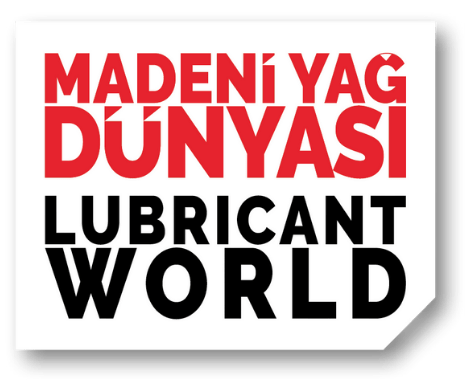Lubricating oils, especially hydraulic system oils; inevitably spread to the environment due to the leaks, spills, line breaks and assembly failures. Lubricants such as chain, railway, steel rope, shaft sleeve and concrete mold oils are increasingly being released into the environment, as they are generally applied to surfaces that are outdoors and in direct contact with the environment.
Due to the above, oils and additive packages to be used in environmentally sensitive areas (such as agricultural sites, seas, construction sites, forestry) must show a high level of environmental compatibility. For this purpose, the usage of usual / conventional lubricants (C15-C40) is prohibited both in inland waterways and in forest areas in Germany, Austria and Switzerland. Also, while the use of lubricants with at least 50% renewable content (C) is encouraged by Germany, tax exemptions are applied to environmentally friendly lubricants in Scandinavian countries and Netherlands.
At this point, environmentally acceptable lubricants, in other words “environmentally friendly lubricants”, stand out more. Among the most basic features of this type of lubricants, we can highlight rapid biodegradability, low environmental toxicity and greenhouse gas emission and less raw material use (at least 25% recycled packaging). Environmentally friendly lubricants reduce water and soil pollution while preventing excessive resource consumption.
Issues such as sustainability and climate change attract more attention from consumers nowadays. Therefore, 4 out of 5 European consumers want to buy “Eco Label” products, certified by an independent organization. This situation, has also affected the choice of lubricants in recent years.
The first set of ecological criteria for lubricants was published by Blue Angel in Germany in 1989. In the EU, the first Eco Label criteria for lubricants were published in 2005 (2005/360/EC) and these criteria were revised respectively in 2011 (2011/381/EU) and 2018 (2018/1702/EU).
When EU Eco Label data is analyzed, it is seen that lubricants are the third fastest growing product group after dishwashing detergents and textile products among 23 different product categories. In this sense, it has great importance to provide customers in Türkiye with the opportunity to purchase environmentally compatible and biodegradable lubricants.
Thus, environmental impacts of lubricants can be reduced while promoting best environmental practices. An attractive opportunity will be presented to better formulated and biodegradable lubricants in response to the emerging demand. This trend will also contribute positively to the sustainability improvement and circular economy practices and will support the use of eco-friendly lubricants.




